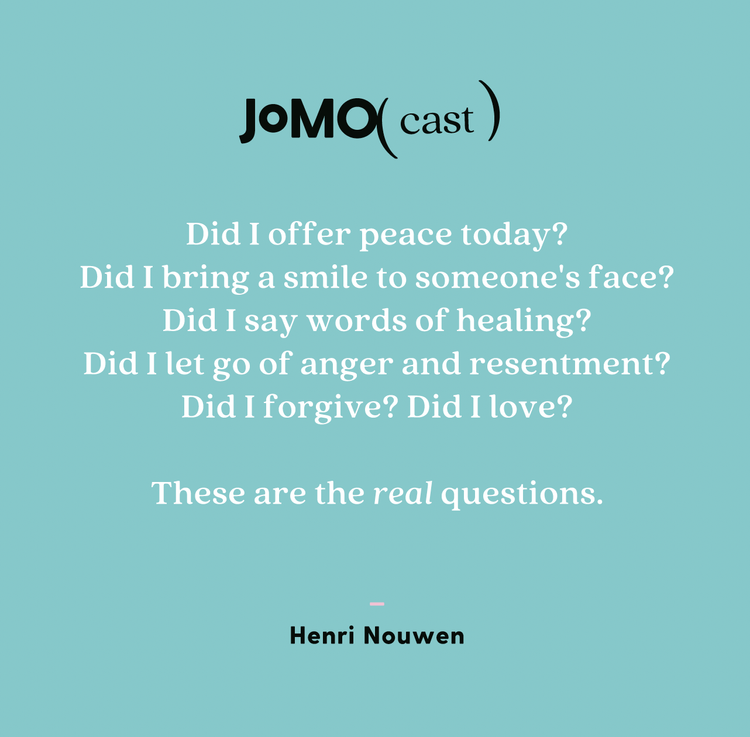The Real Things, they haven’t changed
Image credit: Freddy Castro via Unsplash
The season of rest is nearly upon us.
For some, you’re basking in the afterglow of Thanksgiving festivities; for others, you’re fending off the impending gloom of the darkening days or spiralling in a sea of seasonal commitments (I’m in the last category.) Wherever you are, rest is coming.
In our never-off culture, only accelerated by the explosion of AI-generated content and complexity this year, it can feel countercultural to pull back and live differently.
That’s why I find such hope in the Christmas season.
It’s a holy pause for all of us — regardless of our beliefs — in a world that won’t stop moving.
Moving towards what, I increasingly find myself asking?
Image credit: Douglas Coupland
I once spent a slow afternoon experiencing Age of You, a vast collection of photography, sculpture, video, and text at Toronto’s Museum of Contemporary Art. In one immersive experience, artists sought to make sense of the global shifts we’ve undergone as digital technology has furiously reshaped our world—more often for the better, but sometimes for the worse.
The exhibit revealed how every part of our lives has been transformed, disrupted, or made obsolete, including our relationships with ourselves—our own knowing—and our need for one another.
The collection showed how, in almost every online context, our attention has been in service of someone else, someone who stood to gain by us consuming more information, products, connections, and likes while, out of sight, they consumed more and more of our data.
The curators, which included Douglas Coupland (the novelist, visual artist, and designer who became the voice of a generation with his novel Generation X), intended to urge viewers to consider how digital capitalism (capitalism conducted through the internet) has forced the self to become more extreme–a performance, inauthentic in its portrayal. Just look at TikTok. When it comes to views, spectacle beats substance every time.
Just look around.
You’ll see signs of the extreme everywhere. Extreme fear of what’s happening to your personal data. Extreme presentations of self in service of online follower growth. Extreme political polarization. Extreme dis-ease in relationships and communities, online and off, as the lines between the real and unreal (thanks to AI, deep fakes, and fake news) blur beyond recognition.
This is the world we and our children inhabit.
We are living in the era of everywhere is anywhere is anything is everything—a time where AI blurs the lines of reality and digital capitalism drives the terms of social engagement to the extent that we are left wanting, wanting for something real.
But the real things, they haven’t changed.
I think back to the words from Henri Nouwen we passed out on little cards at the JOMO(cast) launch party at Artery House over four years ago.
“Did I offer peace today? Did I bring a smile to someone’s face? Did I say words of healing? Did I let go of anger and resentment? Did I forgive? Did I love? These are the real questions.”
- Henri Nouwen
How do we make space for these real questions… and actions?
I have deep respect for the work of Mark Hurst at Creative Good where he recently wrote:
Love doesn’t scale.
Deepening a relationship. Visiting a sick friend. Serving at a soup kitchen. [Silicon Valley’s] “techno-optimist” mindset is confounded by acts of love. They don’t make money, they don’t supercharge a market, and perhaps most heretically, they’re typically low-tech or even involve no technology at all. What is a techno-optimist supposed to do with this “love” idea, this thing that keeps people out of markets and off the internet?
It literally doesn’t compute.
Today, I want to remind you that your good efforts at loving, serving and making space for boredom, wonder and awe — are all time well spent. These are the real things — invisible and eternal.
And the real things - the rewards of rest and relationship - they don’t change.



